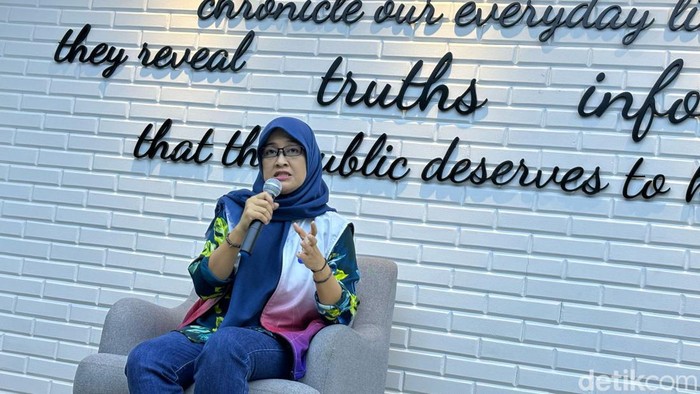In the modern of telecommunications, where connectivity is paramount, Indonesia sets its sights on the stars once more with the ambitious Satria-2 satellite project. Spearheaded by the Ministry of Communication and Information Technology's Telecommunications and Information Accessibility Agency (Bakti), the endeavor marks a significant departure from its predecessor, Satria-1, in terms of financing.

Unlike Satria-1, which relied on a Government and Business Entity Cooperation (KPBU) scheme, Satria-2 ventures into uncharted territory by securing 100% foreign loans for its funding. This strategic shift was unveiled by Fadhilah Mathar, the CEO of Bakti, signaling a new era in Indonesia's pursuit of technological advancement.
"The acquisition of Satria-2 will solely rely on foreign loans. The planning cycle aligns with the foreign loan planning cycle," stated Fadhilah Mathar during a press conference at the Ministry of Communication and Information Technology in Jakarta on Friday, March 8, 2024.
"With this process in motion, we anticipate Satria-2 to enter the green book phase of foreign loans or foreign grants this year," she added. what is dns 1.0.0.1
The projected budget for acquiring the second-generation government satellite amounts to USD 860 million, equivalent to Rp 13.3 trillion, based on the exchange rate of USD 1 = Rp 15,534 as of today.
Given the reliance on foreign loans, Fadhilah Mathar emphasized the meticulousness and time-consuming nature of the process. "The agreement process for procurement cannot be expedited. Unlike domestic budget allocations or state revenues, foreign loan procedures entail additional stages," she explained.
Nevertheless, despite the intricacies involved, Bakti's CEO set a target for the commencement of Satria-2's construction by the year 2025. "Should everything proceed as planned, the procurement process will commence no later than 2025," she affirmed.
The Satria-1 satellite, inaugurated by President Joko Widodo, currently operates at a capacity of 150 Gbps, serving approximately 37,000 access points and delivering internet speeds ranging from 3 to 5 Mbps. However, the existing infrastructure falls short of meeting the nation's comprehensive internet access needs.
Enter Satria-2, poised to revolutionize Indonesia's connectivity landscape with its expanded capacity of up to 300 Gbps. Split into two satellites, Satria 2a and Satria 2b, the project aims to bridge the digital divide and enhance internet accessibility across the archipelago.
As Indonesia charts its course towards technological excellence, the Satria-2 satellite project stands as a testament to the nation's determination to embrace innovation and harness the power of connectivity for the benefit of its people. With each orbit, Indonesia ascends higher into the digital stratosphere, propelling itself towards a future defined by boundless possibilities.



